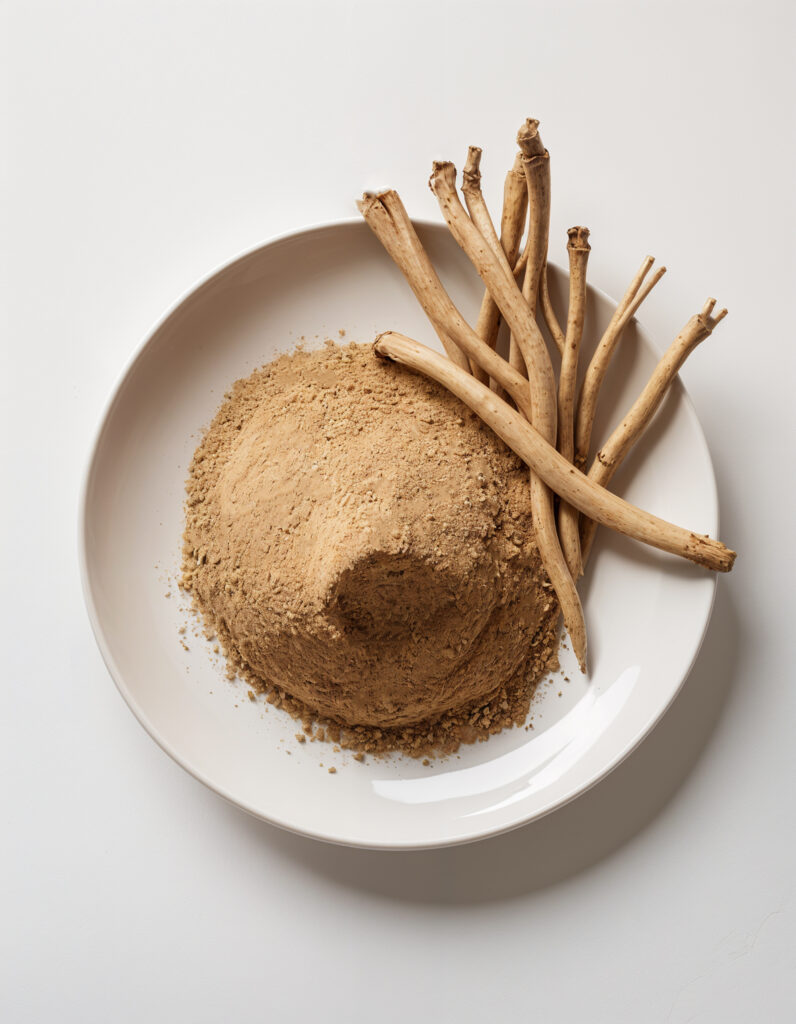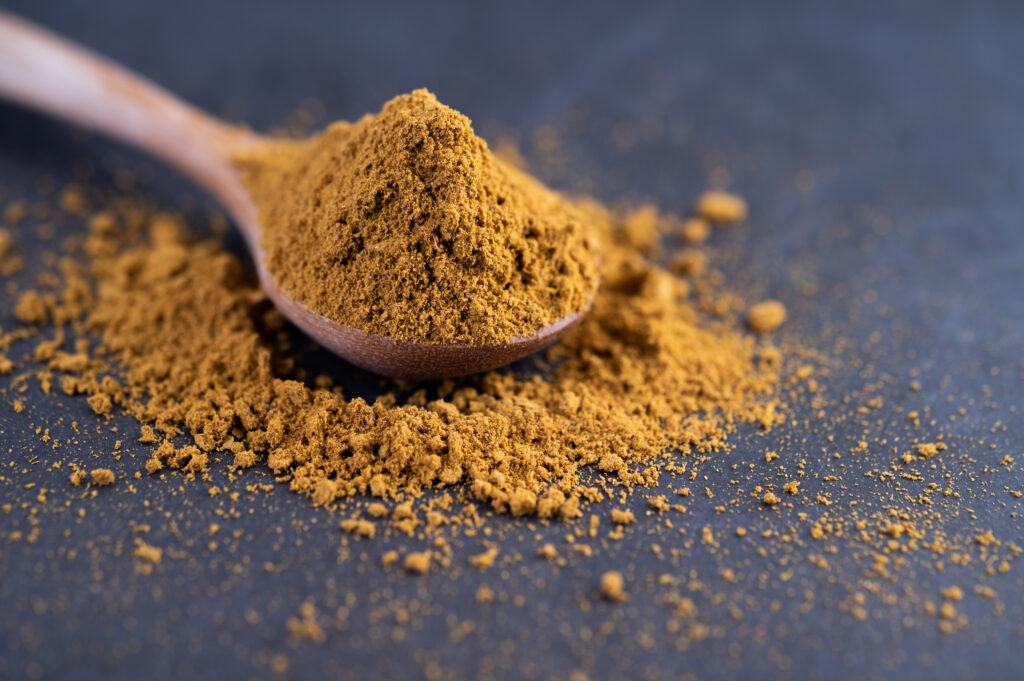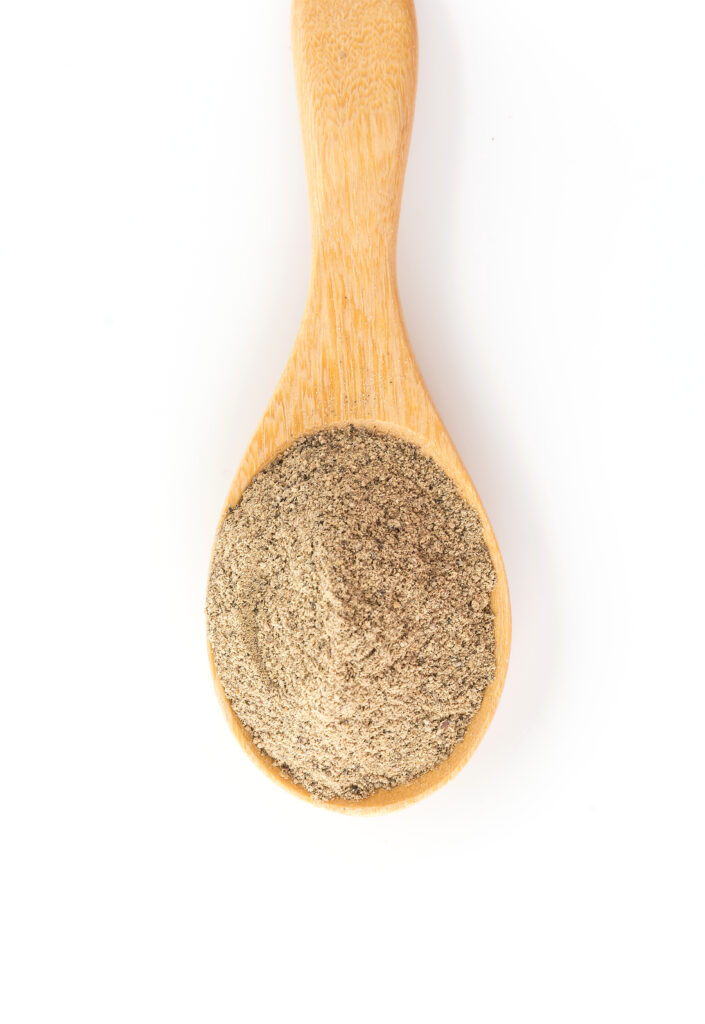Scientifically Proven Benefits of Ashwagandha
- Reduces Stress and Anxiety
Ashwagandha is best known for its anxiolytic (anti-anxiety) effects. A double-blind, placebo-controlled study published in the Journal of Clinical Psychiatry (Chandrasekhar et al., 2012) showed that 300 mg of Ashwagandha root extract taken twice daily significantly reduced cortisol levels and perceived stress.
Key Takeaway: Ashwagandha lowers cortisol, the body’s primary stress hormone, helping to reduce anxiety and improve emotional balance.
- Enhances Physical Performance
Athletes and fitness enthusiasts use Ashwagandha to boost strength and endurance. A 2015 study in the Journal of the International Society of Sports Nutrition found that subjects who supplemented with 600 mg/day of Ashwagandha had significantly greater gains in muscle mass and strength compared to the placebo group.
Key Takeaway: Ashwagandha supports improved recovery, stamina, and lean muscle development.
- Improves Sleep Quality
Ashwagandha may also promote restful sleep. A 2020 randomized, double-blind clinical trial published in Cureus showed that 600 mg of Ashwagandha extract daily significantly improved sleep onset latency, sleep efficiency, and total sleep time.
Key Takeaway: Regular use of Ashwagandha can enhance deep, restorative sleep without sedative side effects.
- Supports Cognitive Function
With its neuroprotective properties, Ashwagandha may improve memory, focus, and mental clarity. Studies in the Journal of Dietary Supplements suggest that Ashwagandha supplementation improves executive function, attention, and information-processing speed.
Key Takeaway: Ashwagandha may benefit those with mild cognitive impairment, students, and professionals under mental stress.
- Hormonal Balance and Fertility
Ashwagandha has been shown to increase testosterone levels in men and support reproductive health in both genders. A 2010 study in Fertility and Sterility showed significant improvement in sperm count, motility, and testosterone levels after 90 days of supplementation.
Key Takeaway: Ashwagandha is a natural aid for hormonal balance and fertility enhancement.



